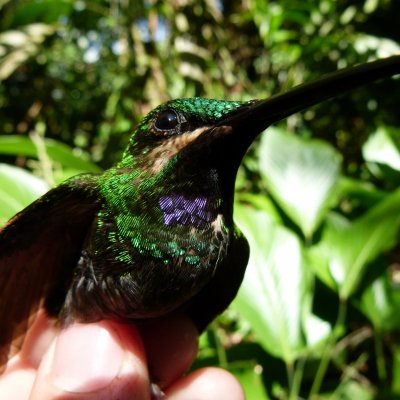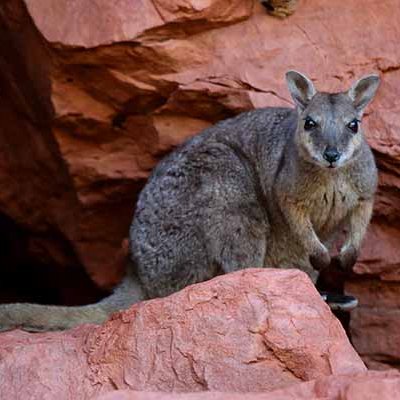A world-first real-time bushfire hazard detection and warning system using artificial intelligence (AI) is under development thanks to a new partnership between The University of Queensland and Google.org, Google’s philanthropic arm.
11 December 2021Stabilising reef rubble may help corals recover faster after being damaged by the impacts of climate change and natural degradation.
2 December 2021An innovative herbicide delivery system could revolutionise the way agricultural and environmental managers battle invasive weeds.
2 December 2021The unique brainpower of octopuses – known for their intelligence and Houdini-like escapes – has been revealed by University of Queensland researchers.
22 November 2021The Australian Alps may suffer from a loss of snow and surrounding regions could endure flooding as climate change supercharges phenomena known as ‘atmospheric rivers’.
19 November 2021Scientists have revealed that climate change has already impacted all of Earth’s ‘life zones’ and the effects are set to triple under business-as-usual emissions growth.
16 November 2021Fossil footprints found in an Ipswich coal mine have long been thought to be that of a large ‘raptor-like’ predatory dinosaur, but scientists have found they were instead left by a timid long-necked herbivore.
22 October 2021The tropical root vegetable taro, known as the ‘food of the gods’ in the Pacific, is under threat from rising sea levels but wild Australian plants being cultivated by The University of Queensland may help boost food security in the region.
21 October 2021A national plan to restore habitat on marginal farming land would fight climate change, prevent species loss and put money in farmers’ pockets, according to a team of University of Queensland-led scientists
28 September 2021Lava samples have revealed a new truth about the geological make-up of the Earth’s crust and could have implications for volcanic eruption early warning systems, a University of Queensland-led study has found.
16 September 2021All of the world’s shallow coral reefs have been digitally mapped, thanks to a three-year project combining two million satellite images, enormous amounts of field data and University of Queensland-developed mapping techniques.
9 September 2021By uprooting carbon trapped in soil, wild pigs are releasing around 4.9 million metric tonnes of carbon dioxide annually across the globe, the equivalent of 1.1 million cars.
20 July 2021The world's giant kelp forests – vital marine wildernesses as important to Earth’s ecology as rainforests and coral reefs – are being mapped by a team of international scientists.
11 June 2021University of Queensland scientists working to unlock the mysteries Australia’s deadly stonefish have made a discovery which could change how sting victims are treated in the future.
1 June 2021In a world first, a satellite-based global coral reef bleaching monitoring system will scan the Earth’s oceans for coral-killing bleaching events in real-time.
19 May 2021The motivations of a rebellious class of car-free citizens in the sprawling, low-density city of Brisbane have been investigated by researchers at The University of Queensland.
27 April 2021Nearly three-quarters of Earth’s land had been transformed by humans by 10,000BC, but new research shows it largely wasn’t at the expense of the natural world.
20 April 2021The ‘hidden’ continent of Zealandia is being partially mapped, thanks to a deepwater mapping expedition led by The University of Queensland in collaboration with Schmidt Ocean Institute.
24 March 2021An analysis has found deforestation is severely affecting forest bird species in Colombia, home to the greatest number of bird species in the world.
18 March 2021Indigenous peoples’ lands may harbour a significant proportion of threatened and endangered species globally, according to University of Queensland-led research.
21 January 2021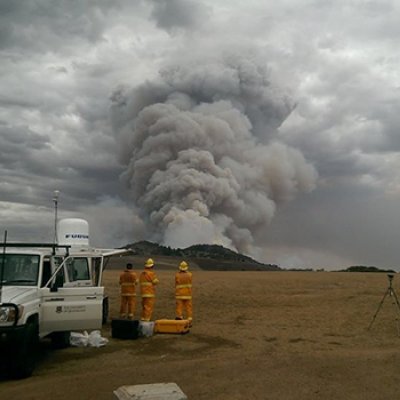
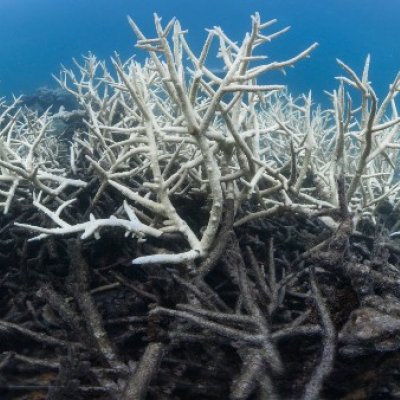
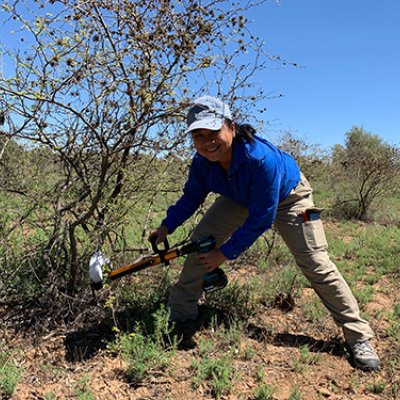
 Image Wen-Sung Chung resized.jpg?itok=JOv8KuZY)
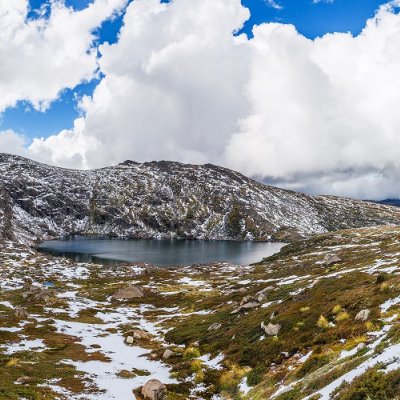
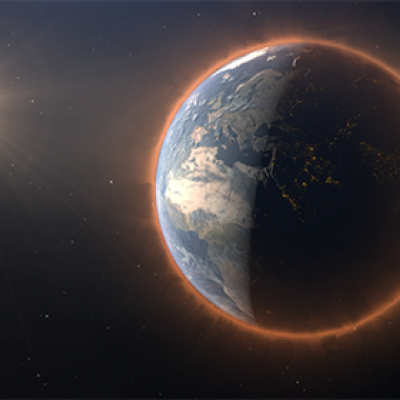
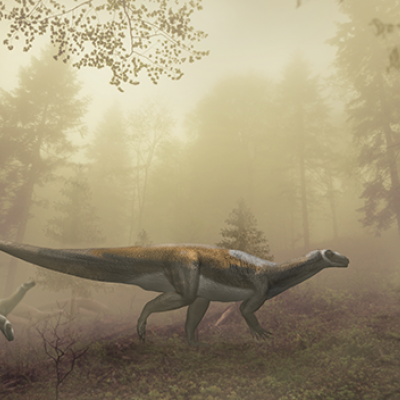

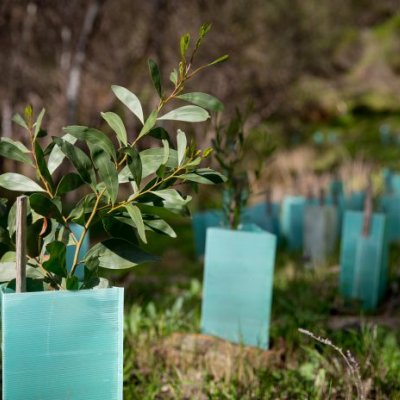
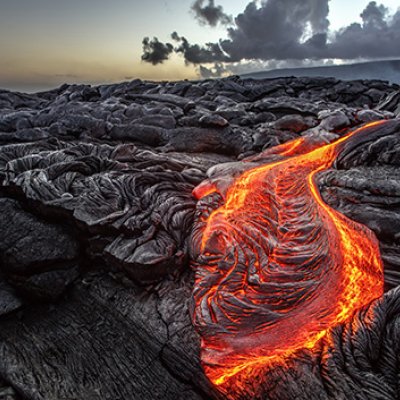
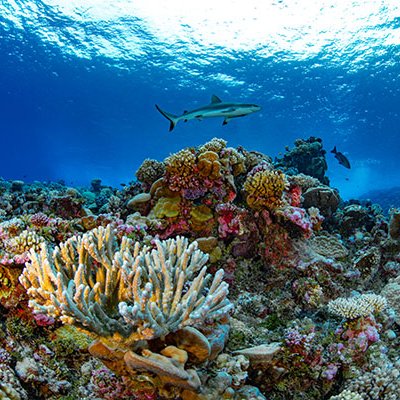
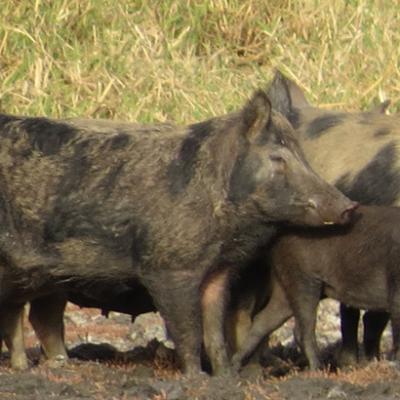
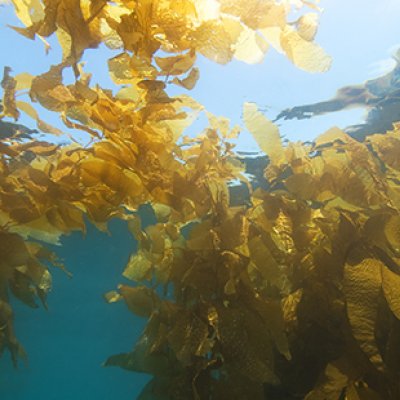
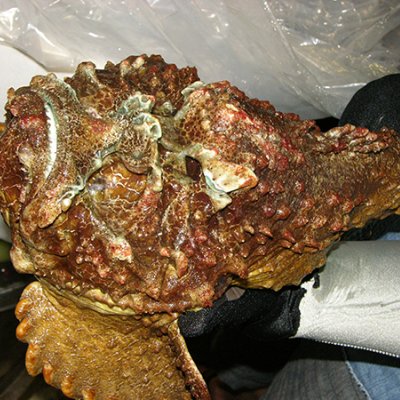
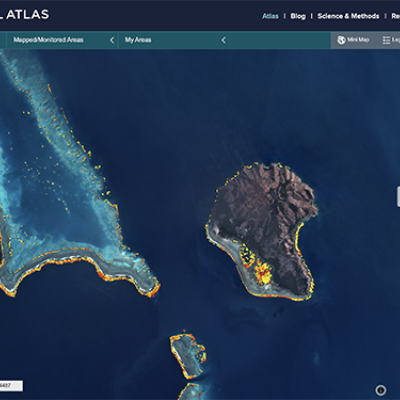

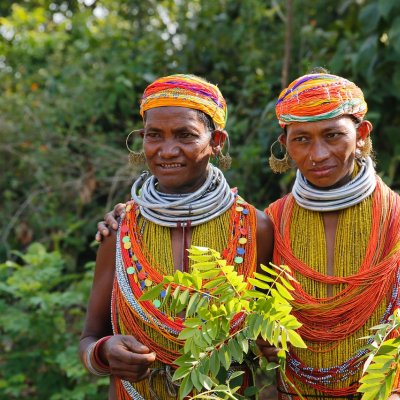
.jpeg?itok=Ijth78cz)
